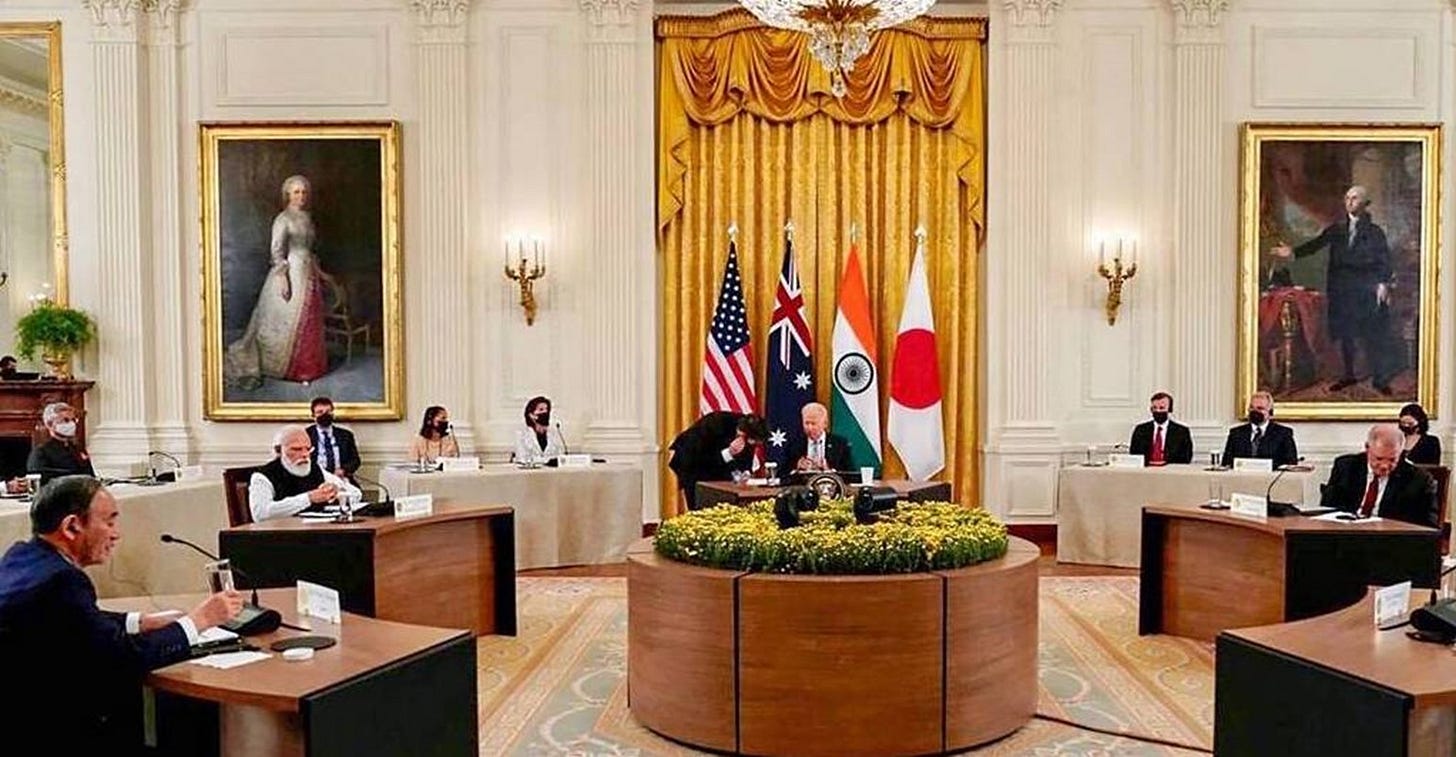India's Relationship Changes With Biden's US
Delhi in a cautious dance with the west
By: John Elliott
Two key changes in India’s relationship with the US have emerged in the past 10 days. During a high profile visit to Washington, Prime Minister Narendra Modi has faced thinly veiled criticism of the way that his government is reducing the scope of India’s democratic freedoms, while the new AUKUS security alliance between the US, UK, and …
Keep reading with a 7-day free trial
Subscribe to Asia Sentinel to keep reading this post and get 7 days of free access to the full post archives.

